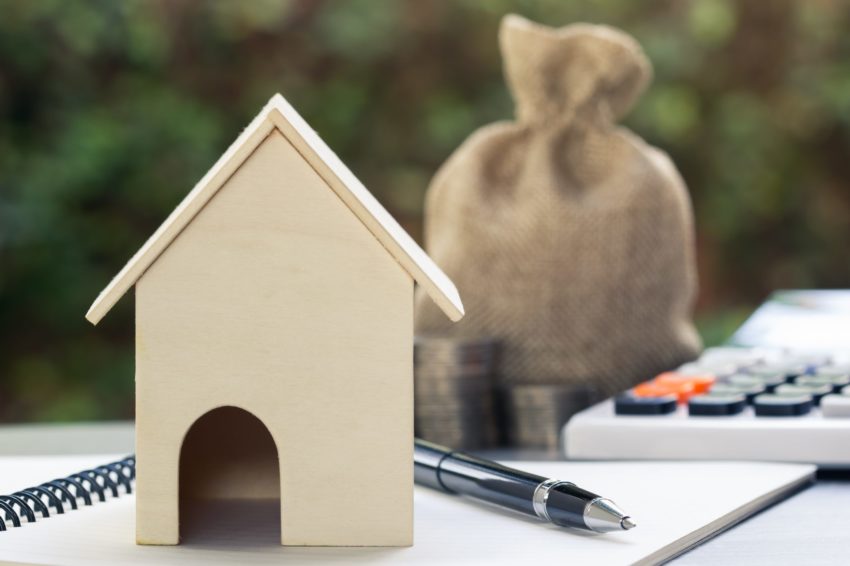If you’re like most homeowners, your home is your most valuable asset. With every house payment you make, you’re building equity, and your equity also increases along with the value of your home. You can tap into this equity by taking out a second mortgage or home equity line of credit. But, before you do, it’s important to understand the risks involved and the potential benefits. Keep reading to learn more about home equity and how it can be used.
What is home equity?
Equity is the difference between the market value of a home and the amount of money still owed on the mortgage. Your equity increases in two ways. The first way is when the principal owed on your mortgage gradually decreases with each payment. The second way is when your home becomes worth more due to real estate market conditions. You can determine the value of your house by having it appraised.
Home equity can be used as collateral for loans, such as home equity lines of credit or second mortgages. These loans can be used for a variety of purposes, such as to pay for home improvements, college tuition, or medical bills.
How does a second mortgage work?

A second mortgage is a loan taken out against the equity in your home. To qualify for this type of loan, you’ll need to have a good credit score and enough equity in your home. You’ll also need to provide documentation proving that you own the home and that you still owe money on your mortgage.
Once you’re approved for the loan, the mortgage lender will send you a loan agreement. You’ll need to sign the agreement and return it. Once they receive the signed agreement, they’ll send you a loan check.
The biggest benefit of a second mortgage is that it can provide homeowners with a low-cost way to borrow money. Mortgage seconds typically have lower interest rates than other types of loans, such as credit cards or unsecured personal loans. This can save homeowners money every month and help them get out of debt faster.
How does a home equity line of credit work?
A home equity line of credit is another type of loan that allows you to borrow against the value of your home. It works like a credit card, meaning you can withdraw money as you need it, up to a certain limit.
This kind of loan is a convenient way to get access to cash for things like home repairs, tuition, or vacations. They are also a smart option if you need to consolidate debt because they typically have lower interest rates than unsecured loans.
Home equity line rates are usually variable, meaning they can change over time. This makes it a risky investment for some borrowers, as they may end up paying more if rates go up. However, for others, the flexibility of being able to borrow as needed makes this type of loan appealing.
Borrowers should also be aware of any fees associated with a home equity line of credit before signing up. There may be a fee incurred annually or even a fee each time the borrower withdraws money.
Can I use home equity to renovate my home?
You can use your home equity to borrow money for a variety of purposes, including home repairs or updates.
If you’re thinking about borrowing against your home equity to pay for a home renovation project such as a roof replacement, talk with a mortgage lender about your options. They can help you find the best loan for your needs.
Homeowners should be aware that using home equity to fund renovations always comes with some risk. If they are unable to repay the loan, they could lose their home. It’s important to carefully consider whether taking out a loan for renovations is worth the risk involved.
How much money can I borrow against my home equity?

The amount of money you can borrow against your home equity depends on a few factors, including how much equity you have, what type of loan you get, and where you live. Generally speaking, though, a homeowner can borrow up to 85% of the value of their home. So if your home is worth $200,000 and you’ve paid off $150,000 of your mortgage, you’d be able to borrow up to $170,000.
Keep in mind that the money borrowed against your home equity must be repaid eventually, even if you sell your house. So make sure you understand all the terms and conditions before committing to anything.
When done wisely, borrowing against a home’s equity can provide homeowners with a number of benefits, including increased financial security and stability, as well as opportunities to borrow money at a lower interest rate.
